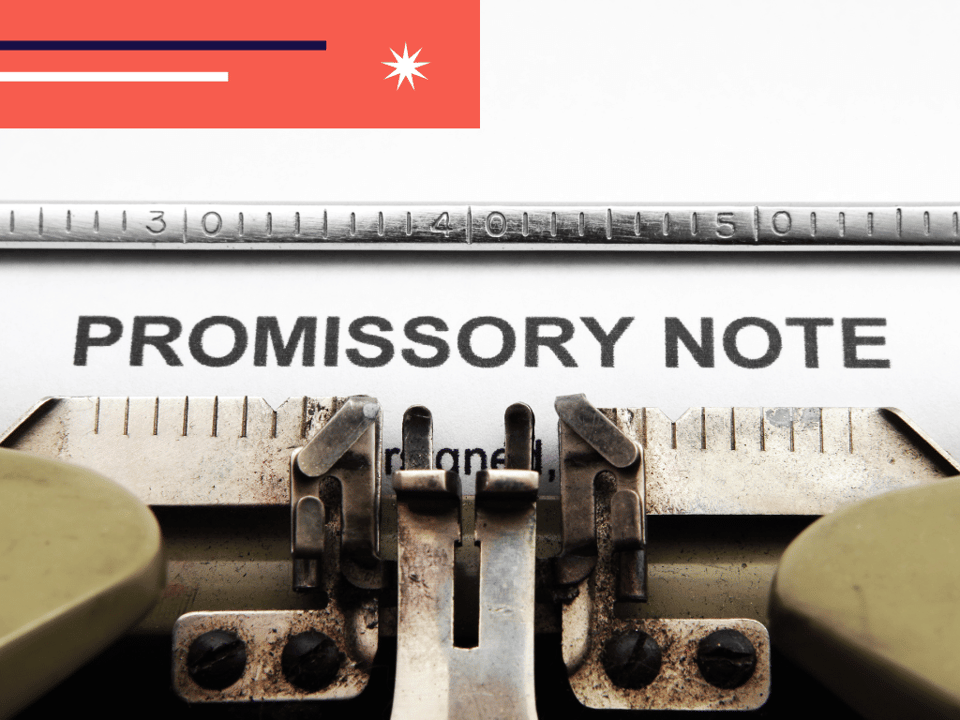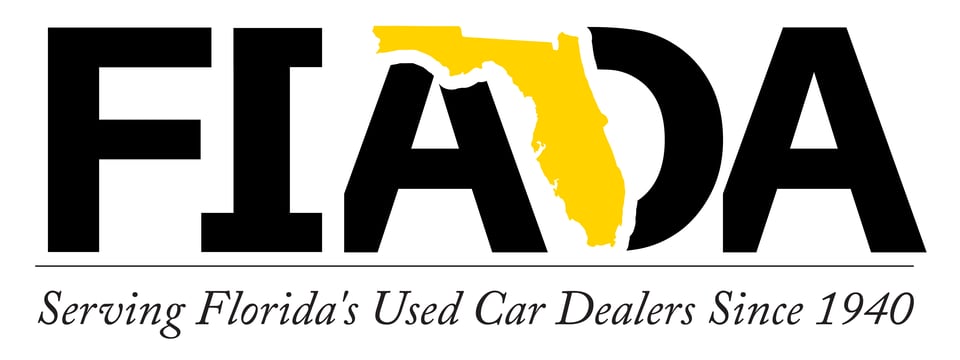Key takeaways:
A promissory note is a simple written agreement for the borrower to pay back a specific sum of money to the lender by a set date, often with interest. In contrast, a loan agreement is a more detailed contract that outlines the terms and conditions of the loan, including collateral requirements, repayment schedule, interest rates, and legal remedies if either party fails to meet their obligations.
Ever wondered how the world of lending money spins? Key players in this game are lenders and borrowers, navigating through debt instruments such as promissory notes and loan agreements. These financial documents, bearing various interests, are crucial to understanding, whether you're a borrower eyeing a student loan or an entrepreneur securing a business deal.
Promissory notes and loan agreements serve pivotal roles in personal and business finance, particularly within financial institutions. A promissory note, acting as collateral, is essentially a promise to pay back a debt, while a loan agreement is a formal contract between lenders and borrowers involving credit. This discussion will delve deeper into these terms, shedding light on their significance in the realm of loans, lending, debt instruments, and interests. So buckle up as we navigate the nitty-gritty of these essential elements of lending in financial institutions!

A promissory note, in the simplest terms, is a signed debt instrument or loan document that promises to pay a specific amount of money to someone at a set time or on-demand. It's like a secured loan or credit but with more legal power.
Promissory notes are commonly used in various scenarios:
A standard promissory note includes:
To illustrate, let's look at two examples:
These examples demonstrate how versatile and useful promissory notes, also known as loan documents, can be in everyday life. They provide a clear promise for repayment and offer legal protection for both parties involved in a secured loan agreement, including the lender.

Debt agreements are contractual documents set between two parties - the money lender, often a company, and the borrower. They outline the debt amount, repayment terms, late fees, and other clauses that govern the money loan.
Loan agreements, a crucial document in financial transactions, come into play in various situations involving a lender and borrower. For instance, they are needed when money is being exchanged.
In these circumstances, a well-drafted loan agreement between the lender and borrower provides legal protections, clarifies document obligations, and avoids confusion about money repayment duties.
A typical loan agreement includes these essential elements:
These loan document terms ensure both the company and the lender understand their responsibilities, and the borrower under the agreement.
To better grasp what this means for the company, let's consider some examples involving money, a borrower, and a student loan.
Example 1: John borrows $10,000 from Bank XYZ for his startup. The loan agreement specifies an interest rate of 5%, repayment over three years in monthly installments, and late fees of $20 per day past due date.
Example 2: Sarah takes out a student loan with University Credit Union. Her agreement outlines her $30,000 loan to be repaid over ten years after graduation, with an interest rate capped at 6%.
These cases highlight how different borrowers use distinct types of agreements, such as student loans, based on individual needs. The contractual structure holds similarities but varies in specifics like money borrowed, depending on the case at hand.

Hey there! Ever been confused as a borrower between a promissory note and a loan agreement when borrowing money? Well, you're not alone. Let's dive into the significant differences that set these two apart.
Now, which one do you choose?
But hey! Remember this:
Here's a quick comparison for ya!
Promissory NoteLoan AgreementComplexitySimpleDetailedPreferred InPersonal LoansBusiness LoansLegal ImplicationsBinding but less severe consequences if breachedBinding with severe consequences if breached
So there ya have it! Now go forth and conquer your financial documents like a pro!
Deciding between a promissory note and a loan agreement hinges on several factors:
The nature of the relationship between borrower and lender also plays into this decision:
Repayment terms differ based on which document you choose:
Here's a quick guide to help decide:
Remember, it's not just about picking one over the other. It's about understanding your specific circumstances and making an informed choice that suits both parties' needs best.

Promissory notes, they're like IOUs on steroids. They help simplify mortgage processes by laying out the loan terms in black and white. You know, stuff like repayment schedule, interest rate, and what happens if you default.
Let's look at a couple real-world examples:
But don't think it's all sunshine and rainbows. There are legal consequences tied to these documents. For instance, if you fail to meet your obligations under the note, your lender could foreclose on your property.
So how can you manage these mortgage-related promissory notes effectively? Here are a few tips:
Remember folks, when dealing with mortgages and promissory notes - knowledge is power!
You've got a solid grasp on what promissory notes and loan agreements are, their differences, and when to use each. Remember that promissory notes are simpler and more straightforward, while loan agreements offer detailed terms and conditions. The choice between the two often depends on your specific financial situation. For instance, mortgage assistance usually involves a promissory note for its simplicity.
So, before you sign anything, make sure you understand which document suits your needs best. This isn't just about money—it's about making informed decisions that can impact your financial future.



